Trade in enslaved African people
Reasons for the development of the slave trade
The British played a major part in the Atlantic slave trade. Enslaved Africans were the most profitable source of labour. Britain鈥檚 military and commercial strength were vital in its development.
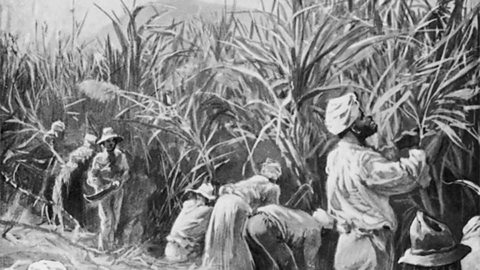
Slave trade and the British economy
British profits were made from exporting manufactured goods to Africa and importing products of enslaved labour such as sugar. Ports such as Glasgow, Bristol and Liverpool prospered as a result of the slave trade.
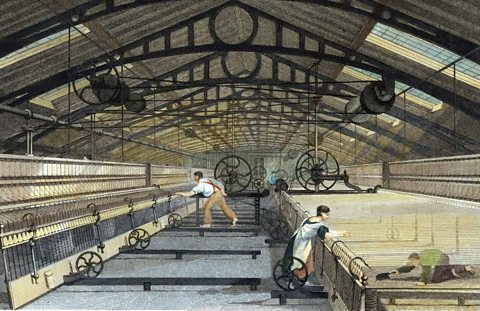
Factors governing relations between enslaved people and enslavers
Traders on the slave ships and masters on the plantations showed lack of humanitarian concern, prejudice and racism towards enslaved people. Their main concern was to make the land owners a profit.
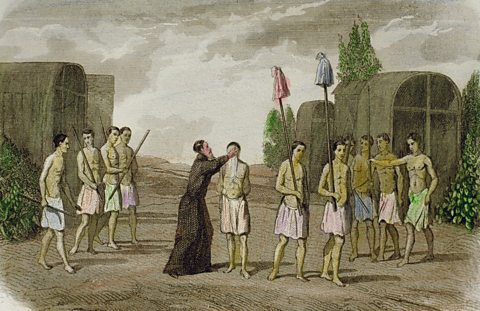
Implications of the slave trade for African societies
The Atlantic slave trade had a negative impact on African societies and the long-term impoverishment of West Africa. For some it intensified effects already present among its rulers and kingdoms.

Obstacles to abolition of the slave trade
A lack of political will to abolish slavery isolated abolitionists. The slave trade generated enormous tax revenue and prosperity for Britain and so the horrors of the slave trade remained remote.
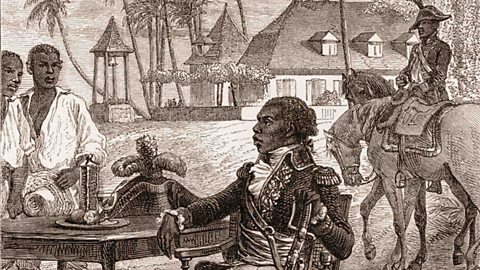
Reasons for the success of the abolitionist campaign in 1807
In the late 18th century, public opinion towards the slave trade began to change, thanks to Abolitionists such as William Wilberforce. In 1807 Parliament finally ended British involvement.

Video playlist
The role of William Wilberforce in the abolition of slavery. Video
William Wilberforce's efforts to end slavery through Parliament.
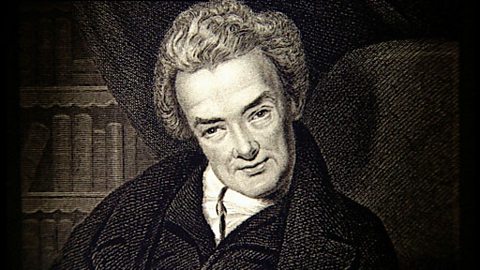
Origins of the abolitionist movement. Video
The abolitionist movement and its opposition.
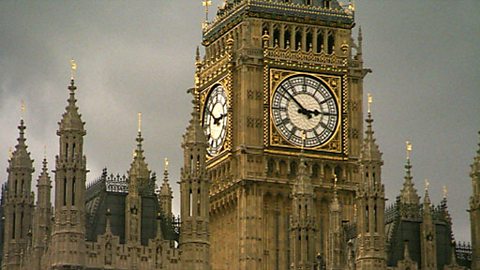
The role of Zachary Macaulay in the abolition of slavery. Video
Zachary Macaulay's role in the abolition movement.
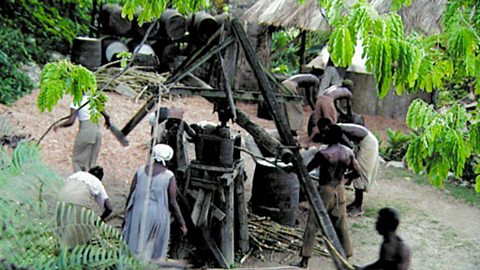
The end of slavery. Video
A look at the end of the slave trade.
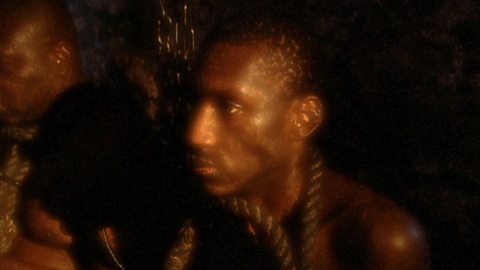
Former slaves and the abolition movement. Video
A look at the place of ex-slaves in the abolition movement.
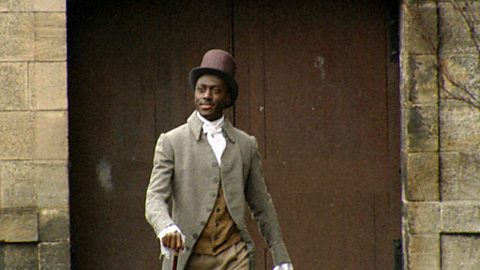
Establishment opposition to the abolitionist movement. Video
How those in power used their influence to delay the abolition of slavery.
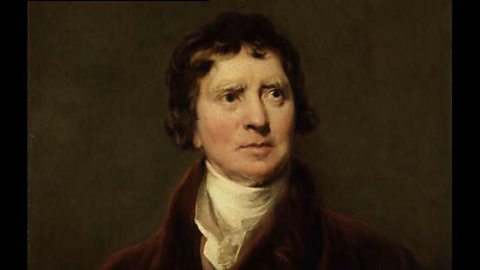
The slave revolt in Haiti. Video
How the slave revolt in Haiti affected the abolition movement.

Scotland and the slave trade. Video
The growth of Britain鈥檚 major slave ports.

The influence of religion on the abolitionist movement. Video
How Christian emancipators raised awareness about the realities of slavery.

Life on board slave ships and the Zong massacre. Video
A description of conditions on board the slave ships and an outline of the Zong case.

Origins of the Atlantic slave trade. Video
The context and background to Britain's involvement in the slave trade.

Working class and women abolitionists. Video
The place of the working class in Scotland and of women in the abolitionist movement.
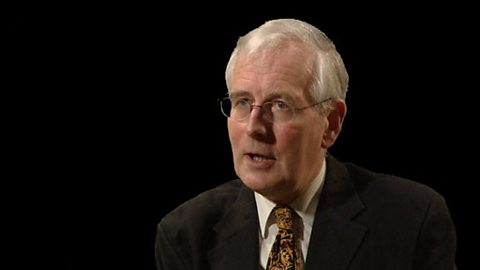
Demand for slave labour in the New World. Video
The context leading up to the use of Africans as slaves in the New World.

The African slave trade. Video
The reasons behind the African slave trade and the impact of European involvement.

Wealth created by British slave traders. Video
How social and economic benefits generated by the slave trade affected Scotland and Europe

Links
- External linkExternal link
- External linkExternal link
- External linkExternal link
- External linkExternal link